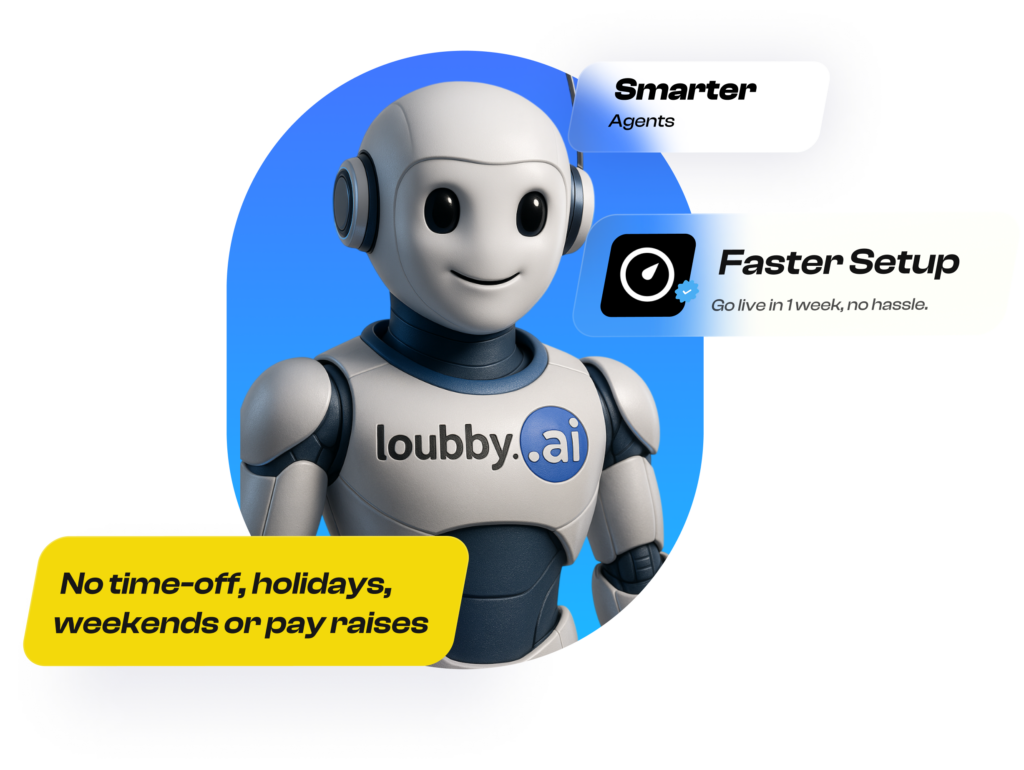Remote work offers a plethora of advantages, such as reduced overhead costs, access to a global talent pool, and flexible working hours that can lead to increased employee satisfaction. However, it also requires a different approach to management – one that understands the nuances of virtual collaborations. This is precisely where AI-powered HR tools come into play, serving as a bridge that connects remote teams and ensures that productivity remains at its peak.
One of the key benefits of using AI in HR tools is the automation of routine tasks. AI algorithms can handle administrative work such as tracking work hours, processing leave requests, and managing employee records with unmatched efficiency. By automating these tasks, HR professionals can focus on more strategic roles like talent development and employee wellness, which are crucial for maintaining a productive remote workforce.
Another area where AI-powered tools shine is in recruitment and onboarding. These tools can sift through vast amounts of data to identify the best candidates for a job, predict their suitability for the role, and even assist with the onboarding process. For remote teams, this means being able to quickly integrate new hires into the team, irrespective of their location, and getting them up to speed with minimal delay.
Effective communication is the backbone of any successful remote team, and AI is revolutionizing this aspect too. Advanced AI tools are now capable of analyzing communication patterns within teams to identify bottlenecks and suggest improvements. Moreover, they can provide real-time language translation services, breaking down barriers in global teams and fostering a more inclusive work environment.
Employee engagement and satisfaction are particularly challenging to gauge in a remote setting, but AI-driven analytics can track engagement levels by analyzing various indicators such as participation in virtual meetings, completion of tasks, and employee feedback. This empowers HR managers to take proactive steps to address any issues before they escalate, ensuring that the team remains motivated and productive.
Performance management is another domain where AI tools are making a significant impact. By setting and tracking goals, providing instant feedback, and facilitating performance reviews, these tools help remote teams stay aligned with the company’s objectives. They also enable managers to recognize and reward high-performing employees appropriately, which is vital for maintaining morale and motivation from afar.
One cannot overlook the role of AI in cultivating a culture of continuous learning and development among remote teams. AI-driven learning management systems (LMS) can curate personalized learning paths for employees, recommend courses, and track progress. This not only helps in upskilling the workforce but also ensures that the team stays abreast with the latest industry trends and technologies.
It’s important to note that while AI-powered HR tools offer numerous benefits, they are most effective when used as part of a holistic approach to remote team management. Human touch and judgement are irreplaceable, and AI should be seen as a complement to, rather than a replacement for, the nuanced decision-making that HR professionals bring to the table.
To maximize productivity with AI-powered HR tools, companies should focus on selecting the right tools that align with their specific needs, ensuring the proper integration with existing systems, and providing adequate training to both HR staff and employees. It is equally critical to prioritize data privacy and security, as these tools often handle sensitive employee information.
An excellent example of a specialized AI-powered HR tool for managing remote teams is Loubby AI. Loubby AI stands out in the market with its sophisticated algorithms and user-friendly interface, designed to streamline the complexities of remote workforce management. Loubby AI intelligently automates administrative tasks, enhances communication, and fosters team collaboration, all while providing insightful analytics that guide HR decisions.
One of Loubby AI’s standout features is its capability to learn and adapt to the specific communication and management style of a team. It can analyze the tone and sentiment of team interactions to ensure that morale remains high and team members feel valued and understood. This level of personalization is invaluable in a remote setting, where traditional cues are often absent.
Furthermore, Loubby AI’s robust performance management system seamlessly integrates continuous feedback loops, goal tracking, and performance evaluations, making performance reviews a constructive and ongoing process. This helps maintain a clear understanding of expectations and achievements, regardless of physical location.
Loubby AI also offers a dynamic scheduling feature that takes into account different time zones and personal work preferences, ensuring that remote teams can collaborate efficiently without overstepping personal boundaries. This is particularly important for fostering a healthy work-life balance – a challenge that many remote workers face.
In terms of employee development, Loubby AI provides tailored learning recommendations based on job roles and individual progress. By leveraging AI, it ensures that learning opportunities are relevant and engaging, which is essential for career growth and retention in a remote work environment.
To harness the full potential of AI-powered tools like Loubby AI, organizations must maintain a human-centric approach to remote team management. While AI can provide valuable insights and automate certain processes, the nuances of human emotion and relationship-building still require a personal touch that technology cannot replace.
In conclusion, as the remote work trend continues to rise, the deployment of AI-powered HR tools like Loubby AI is becoming increasingly vital for organizations looking to maximize productivity. These tools not only streamline HR operations but also enhance the overall work experience for remote teams. By automating routine tasks, facilitating effective communication, and supporting continuous learning and development, AI is empowering HR professionals to focus on what they do best – nurturing and growing their most valuable asset: their people.
For businesses eager to stay ahead of the curve, investing in AI-powered HR tools is no longer a luxury but a necessity. By embracing these technological advancements, companies can create a more connected, engaged, and productive remote workforce, ready to face the challenges of the modern business world.






